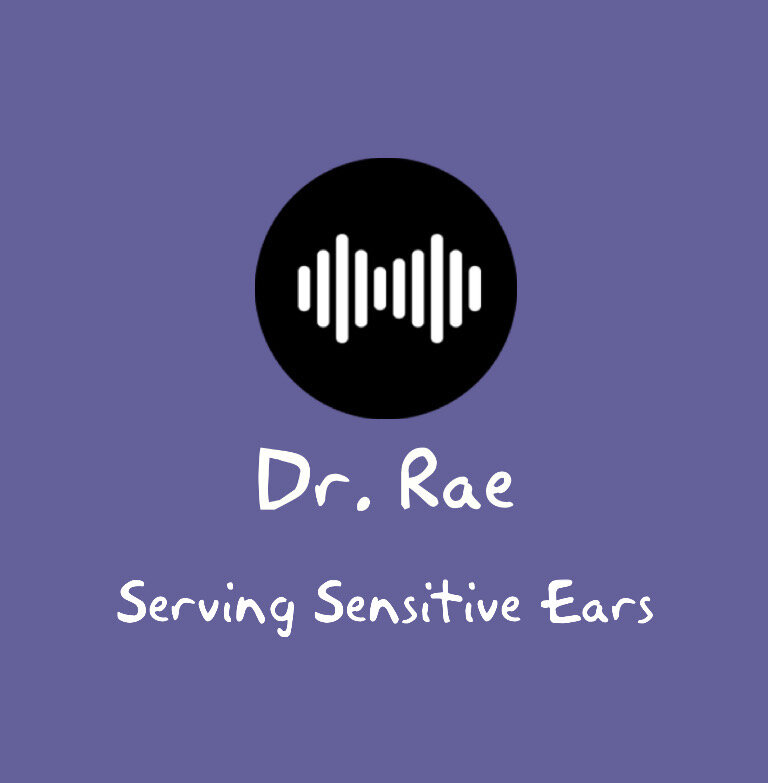Connections Salon: Flipping the Burden—Make the School Prove Your Child Does Not Qualify
Our Connections Salon is a space where parents, neurodivergent and disabled adults, professionals, and advocates come together to share real experiences and practical solutions for disability-related challenges in education and daily life. It is an open, cross-disciplinary discussion, and the strategies shared often become powerful tools that members can take straight into IEP meetings, eligibility hearings, and advocacy efforts.
During our Connections Salon on August 8, 2025, one of the most powerful discussions centered on a familiar problem. A parent is told their child “does not meet eligibility” for a program or service, and the responsibility is quietly shifted to the family to prove they qualify or accept the denial.
The school offers no clear definition of the category, no citation of the law, and no explanation the parent can verify.
Several members shared stories that followed this pattern. One parent described how their child thrives in environments rich with sign language. At a summer program where staff could give the words needed to communicate in real time, the meltdowns and refusals that were common at home dropped dramatically. There was no longer a battle for language access, only participation.
When they tried to get their child into a local program for students with hearing impairments, the district refused to consider it without “hearing impairment” eligibility on paper. The sticking point was that the child did not have a formal hearing loss diagnosis. The audiologists involved would not put that label on inconsistent test results, and the district would not recognize auditory processing disorder as part of the hearing impairment definition.
This is where an experienced disability advocate and executive function coach in our group stepped in. He has extensive experience with ADA interpretation and the practical side of holding schools accountable.
He spent a great deal of time giving targeted advice, not just encouragement, but step-by-step guidance on how to push back effectively. He reminded everyone that the ADA’s definition of disability is intentionally broad, with three prongs: an actual impairment, a history of such an impairment, or being regarded as having such an impairment.
He explained how to put the school in the position of proving their denial under the law, rather than having the parent scramble to prove eligibility under the school’s narrow interpretation.
The advocate also shared practical scripts the group could use:
Ask for the source: “Can you show me the specific statute, regulation, or policy that says my child does not meet this definition?”
Request documentation: “Please put your reasons for denial in writing, including the definitions and sources you are using.”
Focus on function: Ask outside providers to describe how the child’s functional access is limited, rather than chasing a single diagnostic label the school prefers.
Other members related similar experiences. One was told their child’s dysgraphia “was not bad enough” to qualify for services because grades were above average.
Another had a child with ADHD who was denied support entirely because the school claimed they were “keeping up” academically. In each case, the decision ignored the functional barriers that made learning more difficult.
The key lesson from this coaching is that flipping the burden changes the dynamic. Schools often rely on parents accepting “no” at face value.
When parents calmly request the source of the denial and ask for it in writing, it forces the district to show whether their reasoning is based on actual law or internal policy. It also creates a paper trail that can be used in mediation or due process if needed.
For many of us, that mindset shift from pleading for services to making the school prove their position has been game-changing. It is not about being combative. It is about making sure the rules are applied fairly and that no child is denied access because of an arbitrary interpretation.
If you would like to know the name of the advocate who provided this guidance so you can connect with him directly, we are happy to share it privately.
Our next meeting will be:
August 12, 2025 at 2:30 PM EST / 1:30 PM CST / 12:30 PM MST / 11:30 AM PST and 6:30 PM British Summer Time
